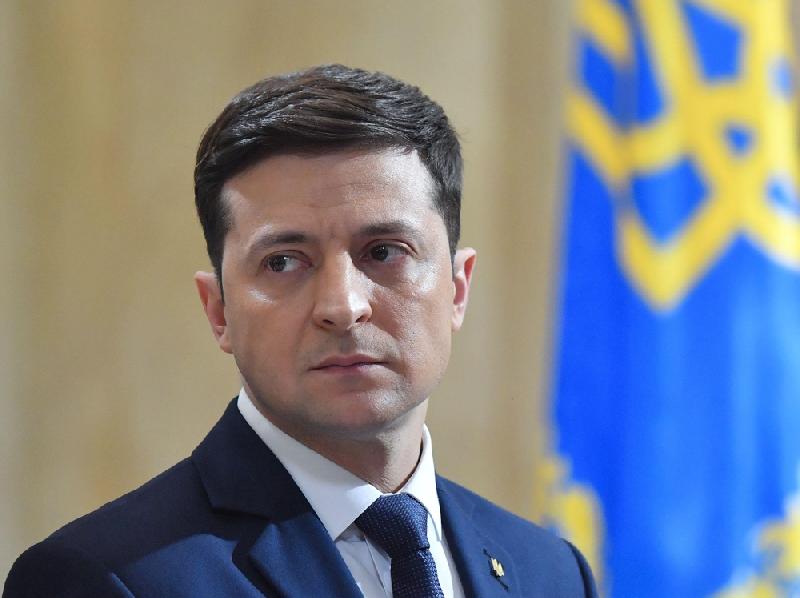Is there any point to all of this needless human suffering? “History does not repeat itself, but it does rhyme.” Perhaps it is time to start reflecting on what Russia’s invasion of Ukraine will mean to future historians.
What we are witnessing is the breakdown of the prevailing world order that Soviet leader Nikita Khrushchev called “peaceful co-existence” in which nations with different systems respect one another’s borders. Proxy wars, maybe, but no mass invasions. Since World War II, the U.S. and Russia have fought lots of little wars in which “our guys” kill and maim “their guys,” as if modern warfare were an Olympic sport. Nixon and Kissinger called it “Vietnamization,” but proxy warfare goes back to the Romans, who used soldiers from conquered countries to do a lot of the dying for Rome.
Francis Fukuyama, then a mid-level bureaucrat, proclaimed in 1989 that the fall of the Berlin Wall marked the “end of history.” His not very good article is unjustly famous for its clever title. History never ends, at least not until World War III ends everything. The win for the West heralded by Fukuyama was supposedly that the people of the world had realized that liberty and free but regulated markets create better lives. However, that idea has still not been accepted everywhere. Some countries still believe that autocrats like Russian President Vladimir Putin and Chinese President Xi Jinping own the future.
For sure, the war in Ukraine will be seen as the last gasp of a dying empire, but which one — the Russian or the American? The last time we got this close to World War III was in 1962 when Russia put nuclear missiles in Cuba in violation of our Monroe Doctrine. Many Americans mistakenly think that is a law. On the contrary, it was a unilateral declaration by a rising America in 1823 of its sphere of influence and a warning to European powers to keep their mitts off our hemisphere. That’s pretty much what Putin says about Ukraine, and President Joe Biden and Secretary of State Antony Blinken have validated his claim by saying that we will not put boots on the ground or send MIGs to Ukraine but will only defend full-fledged members of NATO.
I predicted that Putin would not invade because Biden was in the process of accepting his claims to a sphere of influence. I was wrong, but not because I misjudged Biden but because I did not understand that Putin had the broader goal of showcasing his military might, not merely keeping Ukraine out of NATO and in his sphere of influence.
Two things can happen now: (1) the Ukrainians, armed with Western defensive weapons and their own courageous fighting spirit, may eventually repel the Russian invaders in a bloody but pivotal war; that would mean the end of Putin, and the triumph of Western values; or (2) Putin may win and restore a Russian sphere of influence, albeit one reduced in scope.
That’s what Ukrainian President Volodymyr Zelensky meant when he said this war is a war for “all the world,” not just Ukraine. We can go back to the Peace of Westphalia, the treaties by which the Great Powers divvied up the parts of the world they cared about in 1648, or we can move forward to the end of history.
In fairness to Fukuyama, he did end his famous title with a question mark, and we now know that question will be answered in Ukraine.
via spectator

